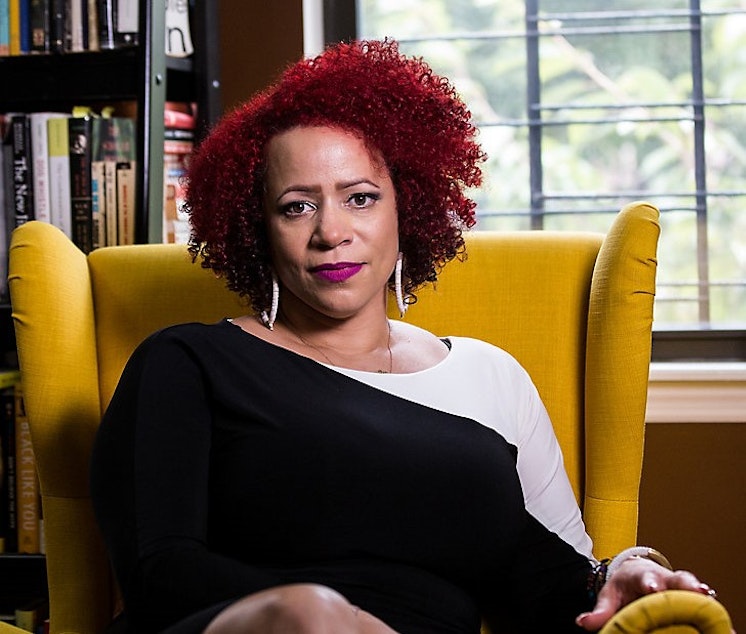Race and justice in journalism, with Nikole Hannah-Jones

The 1619 Project is a New York Times undertaking led by reporter Nikole Hannah-Jones. It was launched in 2019, on the 400th anniversary of the arrival of enslaved Black people in America.
The goal of the series is to explore the history of slavery, and map “the ways in which it has touched nearly every aspect of contemporary life in the United States.” Hannah-Jones received a Pulitzer Prize this year for her work on the project, which has received much critical acclaim.
The project has also been the subject of criticism from conservatives. Former House leader Newt Gingrich wrote that it amounted to "left-wing propaganda masquerading as the truth."
Sponsored
In this conversation, Hannah-Jones discusses how reporters and editors of color are underrepresented in newsrooms. She addresses the idea of objectivity in journalism, which she refers to as the “objectivity fallacy,” and how it impacts journalists of color. The question of reparations for descendants of enslaved people is also explored, with reference to Hannah-Jones’ recent essay What Is Owed.
Nikole Hannah-Jones is an investigative reporter for the New York Times Magazine. She covers race and social justice issues. She was the recipient of a MacArthur Grant in 2017 for her work on American segregation.
Journalist Brentin Mock interviewed Hannah-Jones. He’s a staff writer for Bloomberg CityLab, and the former justice editor at Grist, the independent environmental media organization.
This conversation, presented by Grist and Town Hall Seattle, was live-streamed on June 30.
Please note: This recording contains unedited words of an adult nature.


